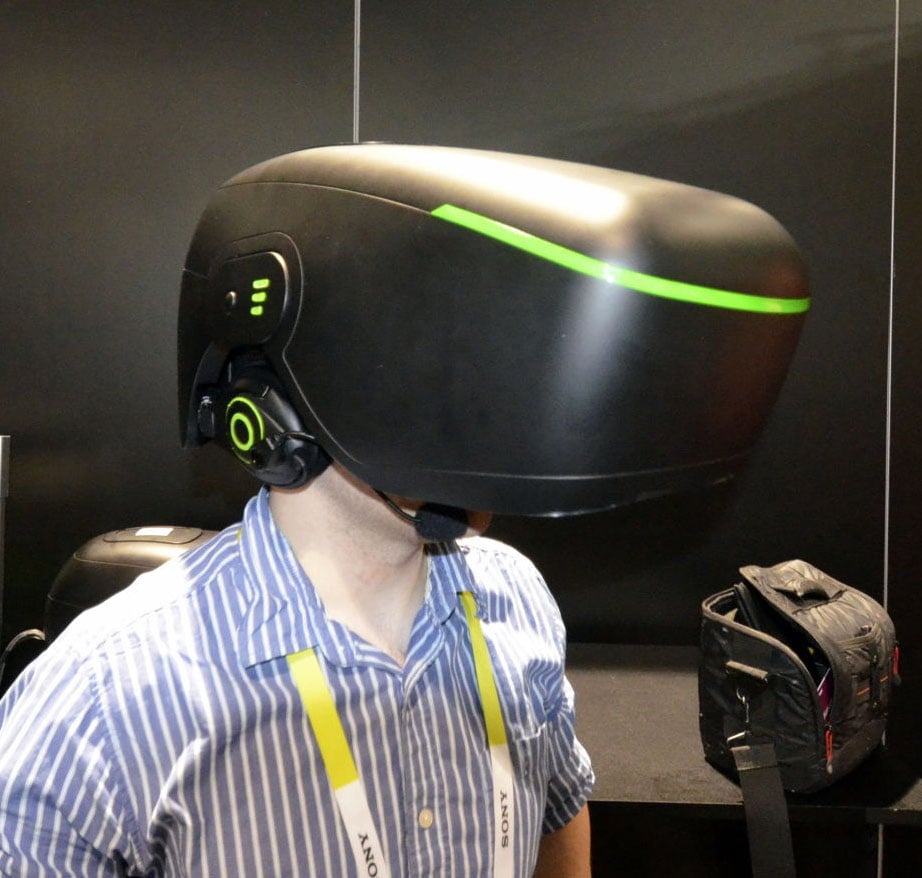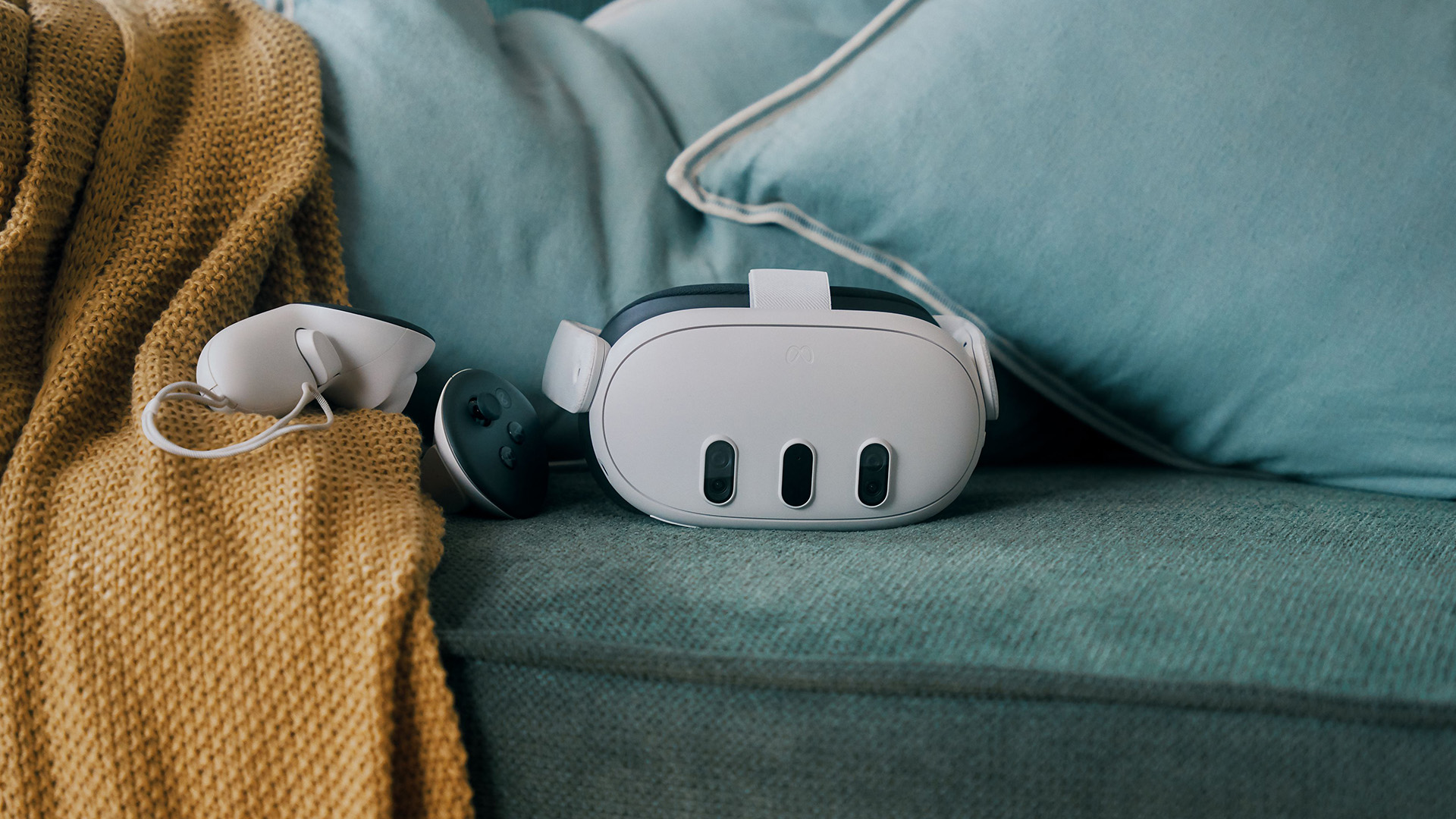Meta Quest has been the leading VR platform for several years with millions of users. For studios and developers looking to build a profitable business in this market, there is no way around the Quest Store.
But in 2024, new serious competitors enter the market to challenge Meta’s dominance.
Apple is building an entirely new VR platform with Vision Pro, based on the VisionOS spatial operating system. By the end of the year, Google and Samsung are expected to join the fray, creating a third major ecosystem for standalone headsets based on Android XR, another new operating system optimized for VR and AR.
Meta Quest is also based on a modified version of Android, but it is unclear to what extent the platforms will be compatible with each other. In any case, Google and Meta have not been able to agree on closer cooperation.



I’m not sure you got the point that the article was the trying to get across.
Competition and interop are great things, but that’s not the problem. The problem is in fundamental design choices that completely change how users interact with systems.
Let’s look at controllers. Should we standardise on tracked controllers or hand tracking? There are benefits and drawbacks to both.
Controllers allow one hand to have many different inputs (be they buttons/sticks/touch/etc) and provide haptic feedback, while hand tracking does not.
Hand tracking allows better immersion as your hands in-headset will more closely match your real hands, which is something you don’t always get with controllers.
Not all applications/games can be made to work well with both of these input methods, if at all.